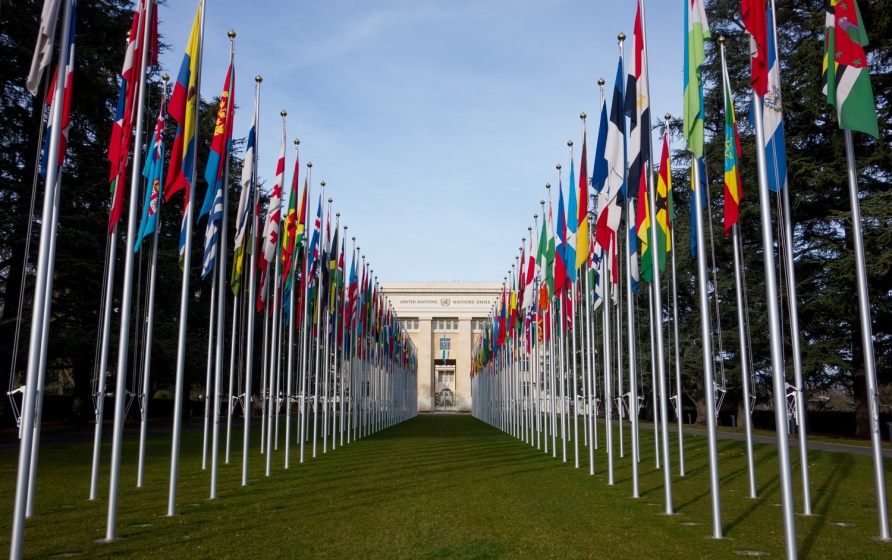During the 42nd Human Rights Council Session under Item 3 Interactive Dialogue (ID) on the Special Rapporteur on the Human Rights to Safe Drinking Water and Sanitation, Americans for Democracy & Human Rights in Bahrain (ADHRB) raised concerns over the lack of clean water and sanitation facilities in Bahrain.
Click here for the PDF format and please find the statement below.
—
Mr. Rapporteur,
Americans for Democracy & Human Rights in Bahrain welcomes your report, and we agree about the importance of equal access to clean water and sanitation facilities as a critical human right. We are concerned about the lack of clean water and access to sanitation around the world, but in particular in the Kingdom of Bahrain.
For example, in Bahrain, local activists and NGOs report about unequal access to clean water and adequate sanitation facilities. Different areas of Bahrain receive better or worse water depending on their closeness to the ruling AlKhalifa family. For example, the area of East Riffa receives better water and sanitation than do areas like Sitra, Ma’ameer, Duraz, and Bani Jamra. East Riffa is also the location of a palace owned by the ruling family.
On the other hand, Sitra, Ma’ameer, Duraz, and Bani Jamra are areas predominantly settled by members of Bahrain’s Baharna community; a community that faces decades’ long discrimination. Residents of these towns report that the public water they receive that is maintained by the government is still partially salinated at a level where they are unable to drink it. When they do drink the water, they become ill and may suffer long-term diseases and health problems.
Our concerns about access to adequate sanitation echo our concerns about access to safe drinking water. Areas populated by communities close to the ruling family receive preferential treatment, while other areas and towns that oppose the government receive poor and inadequate sanitation services.
Mr. Rapporteur, this denial of access to clean and safe drinking water and adequate sanitation is based on political calculations, but can have serious health repercussions. What recommendations do you have to Bahrain to fix this problem?
Thank you.





